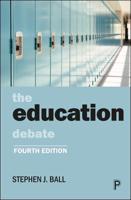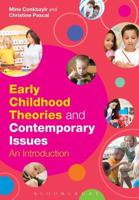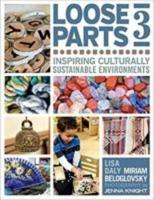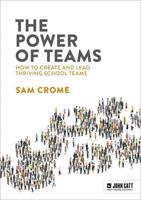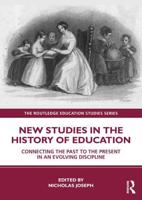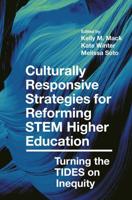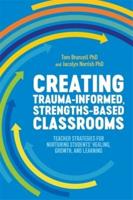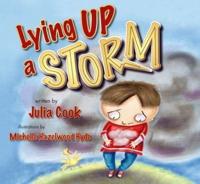Publisher's Synopsis
Highlighting the changing landscape of Chinese urban state schools under the pressure of recruiting a tremendous number of migrant children, this book examines the quality of state educational provisions from demographic, institutional, familial and cultural angles.
Rooted in rich qualitative data from five Chinese metropolitan cities, it identifies the demographic changes in many state schools of becoming 'migrant majority' and the institutional reformation of 'interim quasi-state' schools under a low cost and inferior schooling approach. This book also digs into the 'black box' of cultural reproduction in school and family processes, revealing both a gloomy side of many migrant children's academic underachievement as a result of troubled home-school relations and a bright side that social inclusion of migrant children in state school promotes their adaptation to urban life. The author concludes that migrant children's experiences in state (and quasi-state) schools turn them into a generation of 'new urban working-class'.
The monograph will be of interest to scholars, students, practitioners and policymakers who want to better understand educational equality for migrants and other marginalised groups.


